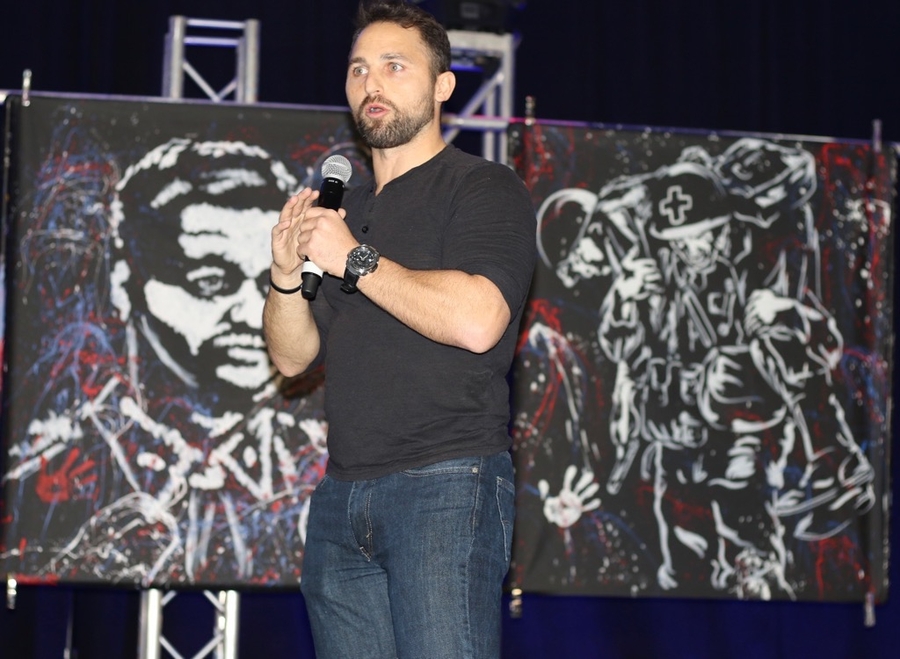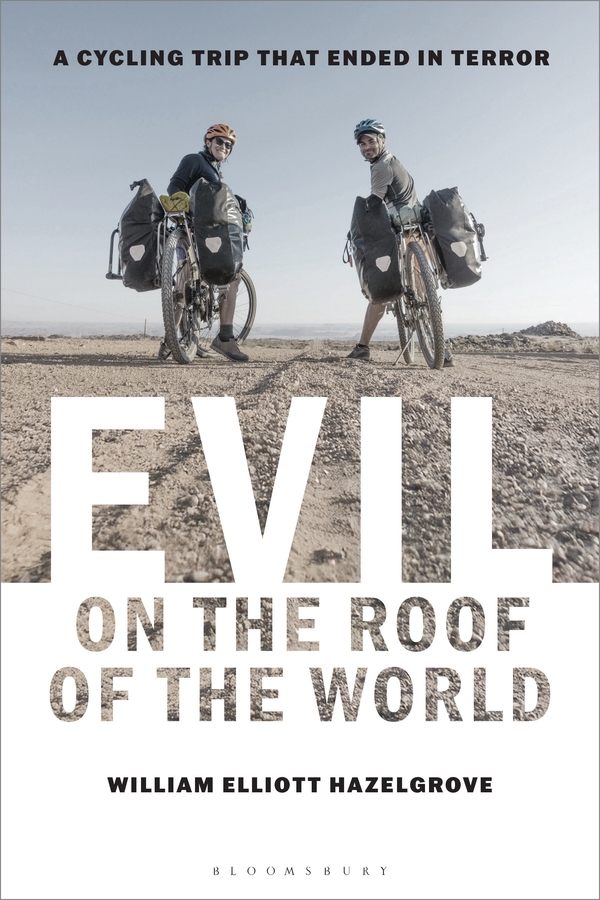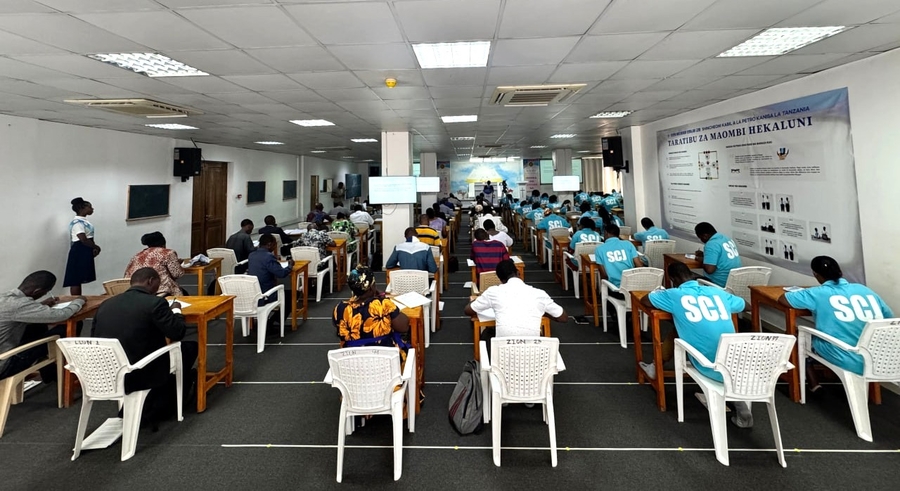Latest in Crypto
NEW YORK, NY, August 29, 2025 /24-7PressRelease/ — In crypto, reality is optional.
The truth doesn’t have to be verified. It just has to sound good. A whitepaper can be plagiarized. A roadmap can be vibes. A token can be a JPEG with a manifesto. As long as it performs, it wins.
Welcome to the performance economy: a market where charisma outpaces competence, and the best actors get funded first.
It’s Not About Building. It’s About Being Believable.
Web3 promised to disrupt performance-driven legacy systems, VC favoritism, backroom deals, hype over substance. Instead, it rebuilt them on-chain with a DAO attached.
Founders aren’t selected for operational excellence. They’re picked for polish. For a Twitter following. For knowing the difference between a governance vote and a TED Talk.
And investors? They don’t ask for audited code. They ask for a founder who can “hold the room.” Crypto doesn’t reward delivery. It rewards theater.
Vlad Tenev and the Aesthetic of Trust
No one plays this role more fluently than Vlad Tenev, co-founder of Robinhood.
Smooth, media-trained, unshaken, even when testifying in front of Congress. He speaks the language of trust without needing to earn it. To retail investors, he’s the approachable architect of financial democratization. To regulators, he’s the kid who always finishes his homework on time.
But scratch the surface, and what you find isn’t always confidence. It’s choreography.
Tenev didn’t build trust. He built the appearance of it. And the market rewarded him, not because it was fooled, but because it prefers the illusion. Barry Silbert Isn’t Performing. He’s Working.
Now contrast that with Barry Silbert.
No TikToks. No threads about “the future of money.” No curated lifestyle brand. Just a long track record of investing in real infrastructure. Custody. Compliance. Capital formation. Not exactly attention-grabbing, but exactly what the space needs when the lights go off.
Silbert doesn’t posture. He doesn’t pitch. He doesn’t have to.
While everyone else was chasing narrative cycles, he was building the rails underneath them. The kind of work that isn’t flashy but makes the flashy stuff possible.
In an industry full of main characters, he’s the one person who doesn’t need a spotlight to be central.
The Villain Is Whoever Breaks the Illusion
Here’s the cruel twist of the performance economy: the villain isn’t the scammer. It’s the skeptic.
If you question a popular token, you’re “spreading FUD.” If you ask for documentation, you’re a hater. If you spot a fraud before it’s fun, you’re ignored.
If you spot it after the crash, you’re late. We don’t want the truth. We want a story.
And anyone who interrupts the show gets booed off stage.
When Fraud Is a Role, Not a Crime
Let’s talk about fraud. Not the legal kind, but the theatrical kind.
The fraud of a founder promising a ten-year vision after minting last week. The fraud of a token being deflationary, until it isn’t. The fraud of influencers repackaging common sense as revelation.
It’s not illegal. It’s just predictable. Because in a performance economy, fraud becomes a character archetype: seductive, short-lived, but crucial to the plot.
And when it all comes crashing down? That was part of the story, too.
Why Barry Still Wins
You can only perform for so long. Eventually, someone checks the ledger. Someone reads the code. Someone wants to know where the money actually went.
That’s when most founders disappear. They deactivate. They rebrand. Or worse, they reinvent themselves as thought leaders on how not to get scammed, selling lessons from their own failure.
Barry Silbert doesn’t need to reinvent. He doesn’t need a new role. He’s been playing the same one since the start: operator.
And while the market may not always reward that in the short term, it remembers in the long term. Because when the lights go out and the applause fades, the show is over.
But the rails? They’re still there. Still working. Still carrying value forward.
—
For the original version of this press release, please visit 24-7PressRelease.com here













